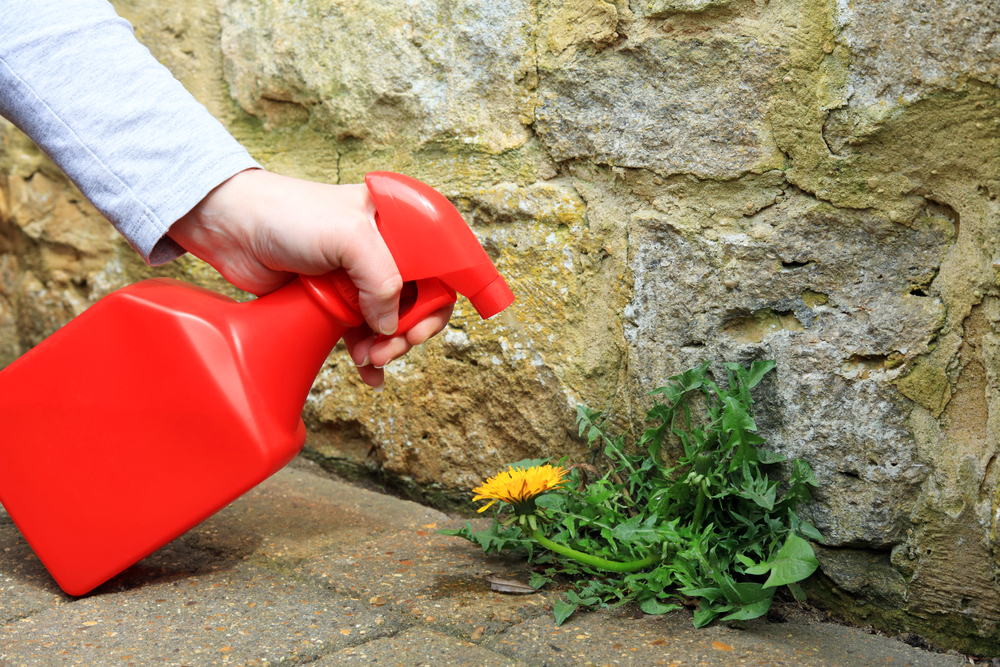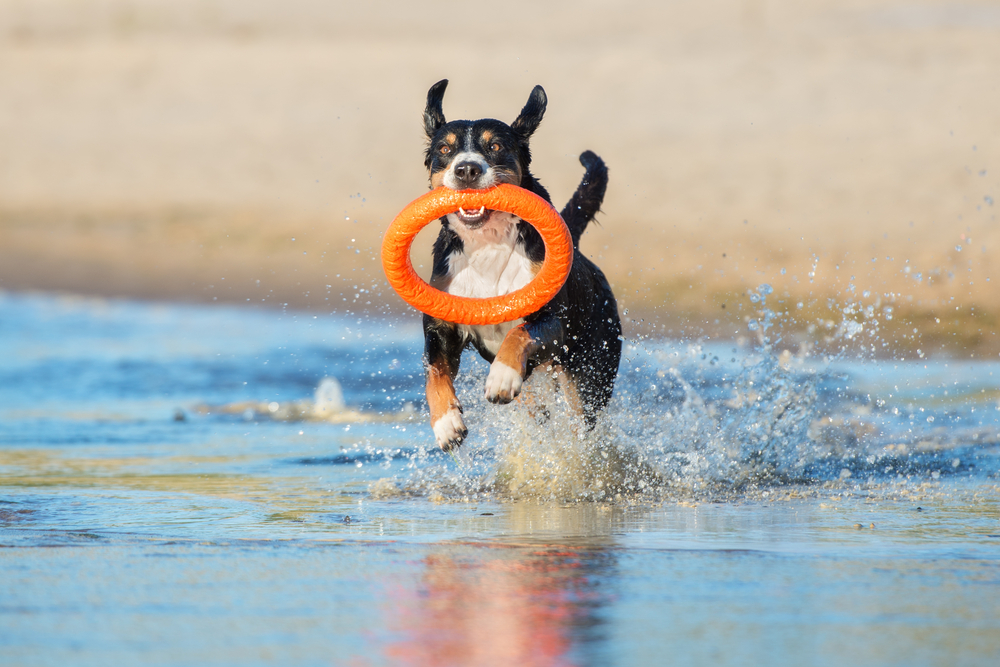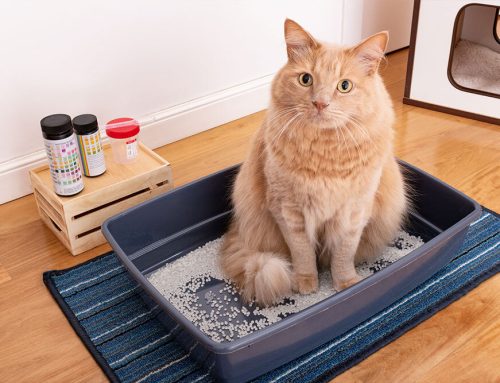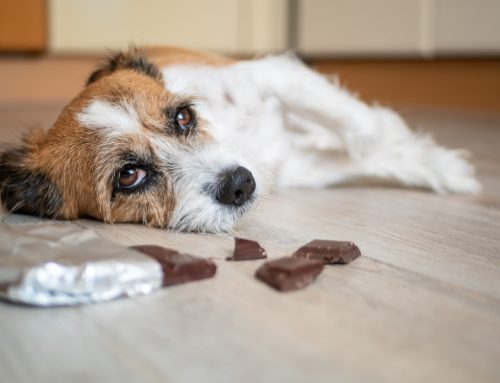Summer can be extra hot here in sunny Florida. Do you know how to protect your pet from the most common heat-related hazards? Find out in this Driftwood Animal Hospital guide to pet heat safety.
Heatstroke and pets
Heatstroke is a rapidly fatal condition that occurs when pets cannot effectively cool themselves and their internal body temperature exceeds normal limits (i.e., hyperthermia). Without immediate intervention, your pet will suffer with increasingly high temperatures that lead to organ failure and death.
Heatstroke progresses quickly, so prevention is key. Restrict your pet’s outdoor activity during warm weather, ensure they have unlimited access to water and shade, reduce their exercise intensity, and monitor them for early distress signs, such as excessive panting, drooling, restlessness, lethargy, mental dullness, and unusual gum color.
Detailed information about heatstroke and heat exhaustion, including how to respond to a distressed pet, can be found in this previous blog post.
Dehydration and pets
Unlike people, pets don’t sweat, and instead rely on panting to regulate their body temperature. Like sweating, panting involves evaporative cooling and results in significant water loss for the pet. If your dog pants intensely for prolonged periods without adequate water, they can quickly become dehydrated.
Because water is critical for nearly every internal process, dehydrated pets experience significant weakness and lethargy. Severe or prolonged dehydration can result in organ failure and death.
Prevent dehydration by providing your pet with continuous access to fresh water and encouraging increased fluid intake through frozen treats, moist food, and pet-safe water additives such as low-sodium broth.
Parked vehicles and pets
Every year, countless pets experience life-threatening heatstroke because they are left in a parked vehicle. Despite cracked windows and being parked in the shade, a car’s interior can reach dangerous temperatures in as little as 10 minutes on a 70 degree day.
Avoid unnecessary heartache and suffering by never leaving your pet unattended in a vehicle. Notify local authorities if you see a pet in distress.
Paw pad burns and pets
When it’s so hot that you could fry an egg on the sidewalk, consider how the same hot surfaces can affect your pet’s paws. Asphalt, concrete, and artificial turf can reach searing temperatures on warm sunny days. Prolonged contact (e.g., a long walk at the park or on neighborhood streets) can lead to seriously burned paw pads that you may not notice until hours after you have returned home.
The best way to avoid potential injury is to exercise your pet during early morning or late evening hours. If you do go out during the day time, stick to the grass. Check heat-retaining surfaces with the back of your hand, and if you cannot keep your hand in place for five seconds, the surface is not safe for your dog. If you cannot avoid walking on roads, consider thick-soled dog boots to protect precious paws.
Summer parasites and pets
Biting insects are summer’s official party crashers, and they bring all their friends. Mosquitoes, ticks, and fleas are out in full force and searching for their next blood meal. Protect your pet from these irritating and disease-carrying pests by administering year-round parasite prevention products that your Driftwood Animal Hospital veterinarian can prescribe. These products are the safest and most effective method against heartworm disease, tick-borne illnesses, and flea infestation. If your pet is not currently receiving preventives or has missed several doses, they may need testing to ensure they are healthy enough to resume medication. Contact our team to ensure your pet is fully protected this summer.
Sunburn and pets
You don’t go outside without sunscreen, but did you ever think about your pet? Fair-skinned and hairless pets are equally susceptible to the sun’s harmful ultraviolet (UV) rays. Prolonged exposure can damage healthy skin cells, aggravate pre-existing dermatological conditions, or cause cancer.
Protect your pet from painful sunburn and UV damage by restricting their outdoor activity during peak sun hours and being proactive with pet-safe sunscreen or UPF-rated pet apparel. If your pet is sunburned or their skin becomes irritated, veterinary treatment may be required.
Toxin exposure and pets

Warm summer weather and longer days mean more time outdoors on the lawn and in the garden, which may mean increased exposure to toxic pesticides and harmful lawn treatments, including:
- Mole and gopher bait
- Rodenticide (e.g., rat and mouse poison)
- Slug and snail bait
- Ant and insect killer
- Herbicides (i.e., weed killer)
If ingested, many of these items cause dangerous toxicity in dogs and cats, who will need emergency veterinary attention to prevent life-threatening complications, including irreversible organ failure. If you know or suspect your pet has encountered a toxin, immediately contact Driftwood Animal Hospital or the ASPCA Animal Poison Control Center. We recommend replacing these extremely toxic products with pet-safe alternatives.
Don’t let heat-related hazards jeopardize your pet’s health and safety. With careful supervision and a little planning, you can ensure a fun-filled summer that you and your pet will remember for all the right reasons.
For additional heat safety advice or to schedule your pet’s next appointment, contact Driftwood Animal Hospital.








Leave A Comment